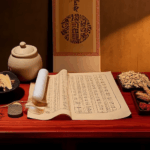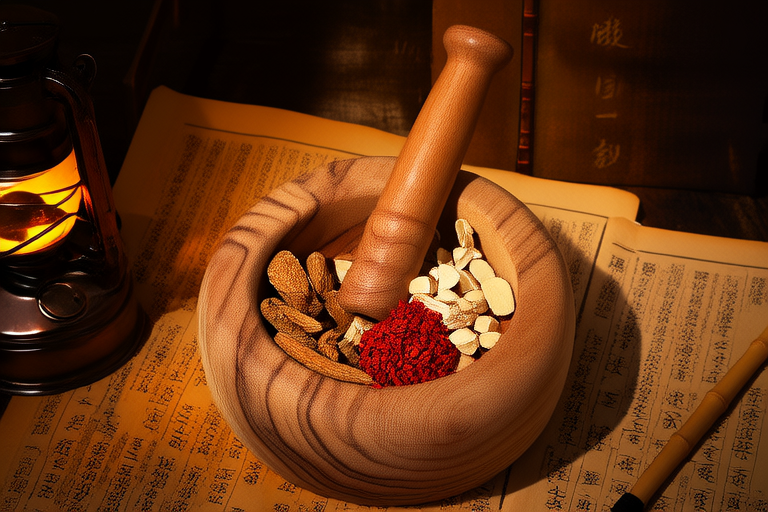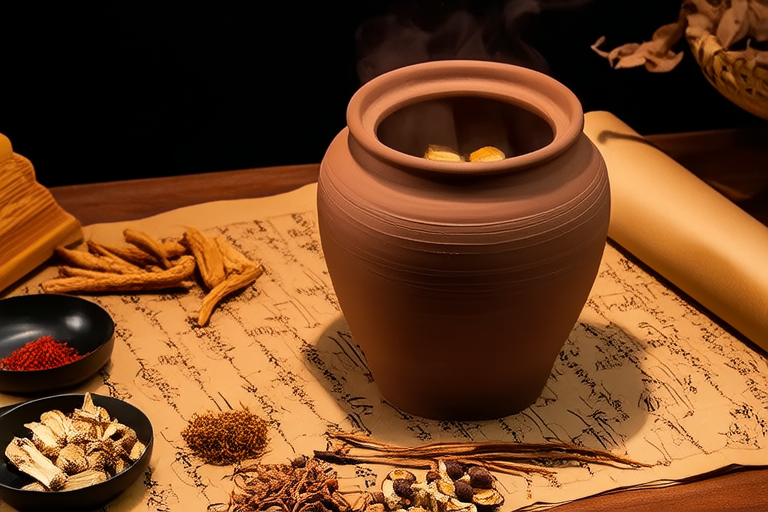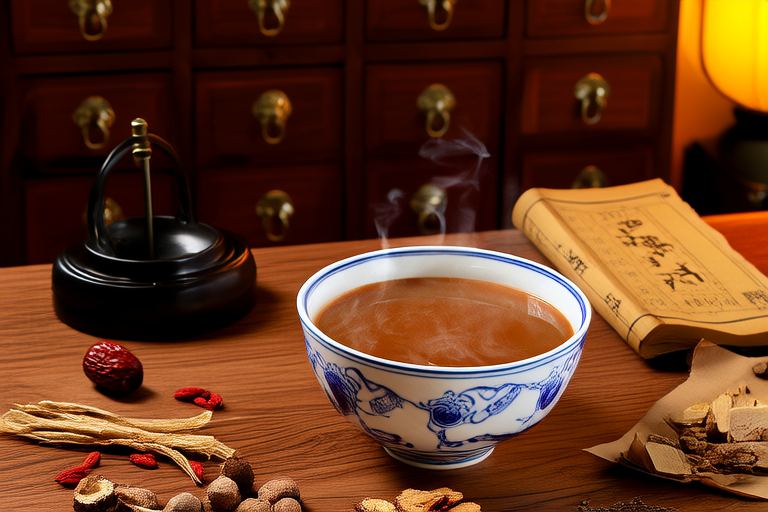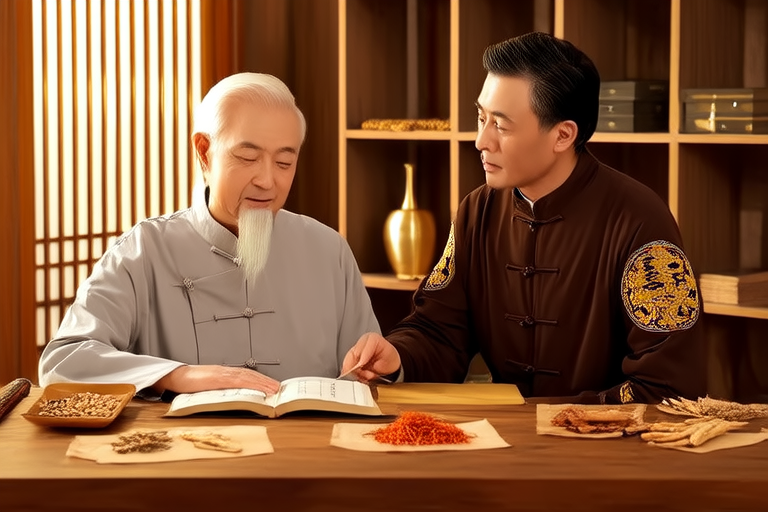Traditional Chinese Medicine: Principles, Practices, and Modern Relevance
Traditional Chinese Medicine (TCM) is an ancient system of healing that has been practiced for thousands of years in China. It encompasses a broad range of medical practices based on a theoretical framework that dates back to prehistoric times. This article will explore the principles and practices of TCM, its relevance to modern health preservation, and its integration into contemporary healthcare systems.
Introduction to Traditional Chinese Medicine
Traditional Chinese Medicine is based on the belief that health is achieved through the balance of Qi (vital energy), Yin and Yang, and the Five Elements. The philosophy behind TCM emphasizes the interconnectedness of all things and the importance of maintaining harmony within the body and mind. This holistic approach aims to prevent illness by addressing the root causes of disease rather than just treating symptoms.
Key Concepts in Traditional Chinese Medicine
Qi, Vital Energy
The concept of Qi lies at the heart of TCM. Qi refers to the vital energy that flows through all living beings and the universe. In TCM, Qi is believed to circulate throughout the body via meridians, which are pathways that connect different organs and tissues. When Qi flows smoothly and freely, it promotes good health. However, when Qi becomes blocked or imbalanced, it can lead to various health issues.
Yin-Yang Balance
Another fundamental principle in TCM is the concept of Yin and Yang, which represents the duality of nature. Yin and Yang are opposing yet complementary forces that exist in everything. Yin is associated with darkness, cold, and passivity, while Yang is linked to light, warmth, and activity. In TCM, the goal is to maintain a balanced state between Yin and Yang within the body. Imbalances in this relationship can result in various health problems.
The Five Elements
The Five Elements theory in TCM associates the elements of wood, fire, earth, metal, and water with different aspects of the body and its functions. Each element corresponds to specific organs, emotions, colors, and seasons. According to this theory, the five elements interact with each other in cycles of creation and control, influencing the body’s health and well-being. Maintaining a harmonious balance among these elements is essential for optimal health.
Common Therapies in Traditional Chinese Medicine
Acupuncture
Acupuncture is one of the most widely recognized TCM therapies. It involves inserting thin needles into specific points along the body’s meridians to stimulate Qi flow and restore balance. Acupuncture is often used to treat pain, stress, anxiety, and various other health conditions. Research has shown that acupuncture can be effective in reducing chronic pain, improving sleep quality, and alleviating symptoms of depression and anxiety.
Herbal Medicine
Herbal medicine is another cornerstone of TCM. Practitioners prescribe combinations of herbs tailored to individual patients’ needs. These formulas may include roots, leaves, flowers, fruits, and seeds, each selected for its unique properties. Herbal medicine can help strengthen the immune system, regulate digestion, support liver function, and address other health concerns. Commonly used herbs include ginseng, licorice root, and astragalus.
Tai Chi
Tai Chi is a gentle form of exercise that combines slow movements, deep breathing, and meditation. Practicing Tai Chi can improve flexibility, balance, and coordination while promoting relaxation and reducing stress. Many people find that regular Tai Chi practice enhances their overall sense of well-being and helps manage chronic conditions such as arthritis, hypertension, and diabetes.
Effective Use of Traditional Chinese Medicine
TCM has been successfully applied to treat numerous health conditions, from acute illnesses to chronic diseases. For example, acupuncture has been shown to alleviate pain associated with osteoarthritis and fibromyalgia. Herbal remedies have demonstrated efficacy in managing symptoms of menopause, such as hot flashes and mood swings. Additionally, Tai Chi has been beneficial for individuals with Parkinson’s disease, enhancing their mobility and reducing falls.
Holistic Approach to Health Preservation
The holistic approach of TCM focuses on addressing the underlying causes of disease rather than merely treating symptoms. By considering factors such as diet, lifestyle, emotional well-being, and environmental influences, TCM practitioners aim to promote overall wellness. This comprehensive perspective encourages patients to take an active role in their own health management, fostering long-term improvements in both physical and mental health.
Comparison with Western Medicine
Western medicine typically takes a more reductionist approach, focusing on diagnosing specific ailments and prescribing targeted treatments. While this method can be highly effective for acute conditions requiring immediate intervention, it may fall short in addressing chronic diseases and promoting long-term wellness. In contrast, TCM emphasizes prevention and personalized care, taking into account the unique circumstances of each patient. Both approaches offer valuable insights and tools for maintaining health; however, combining them could provide even greater benefits.
Growing Global Interest in Integrating Traditional Chinese Medicine
In recent years, there has been increasing recognition of the potential value of incorporating TCM into modern healthcare practices worldwide. As people become more aware of the limitations of conventional treatments and seek alternative approaches to healing, interest in TCM continues to grow. Many countries are now exploring ways to integrate TCM into their national healthcare systems, recognizing its contributions to public health.
Conclusion
Traditional Chinese Medicine offers a wealth of knowledge and techniques that can complement Western medical practices. Its emphasis on balance, harmony, and prevention aligns well with current trends toward personalized medicine and integrative care. By embracing the wisdom of TCM, we can enhance our understanding of human health and develop more effective strategies for preventing and treating illness. As research continues to uncover the mechanisms behind these ancient therapies, there is great promise for further advancements in both traditional and modern medicine.




